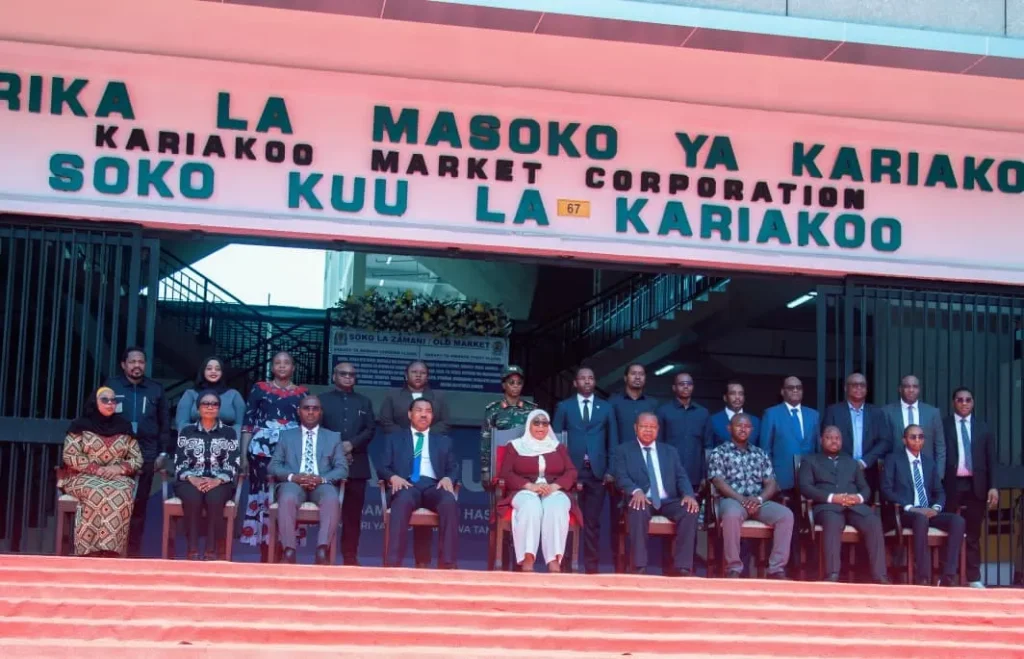South Africa’s Constitutional Court has ruled that former President Jacob Zuma is ineligible to run for parliament, a decision that could reshape the nation’s political landscape. The ruling, centered on Zuma’s prior conviction, has sparked debate as his uMkhonto weSizwe (MK) party challenges the African National Congress (ANC) in a highly competitive election.
Zuma’s Political Comeback Halted
Jacob Zuma, who resigned as president amid corruption allegations, has been a polarizing figure since falling out with the ANC, which has governed South Africa for three decades. Leading the newly formed uMkhonto weSizwe (MK), named after the ANC’s former armed wing, Zuma aimed to leverage his popularity, particularly in KwaZulu-Natal, to disrupt the ANC’s dominance. Opinion polls indicate that the ANC risks losing its parliamentary majority for the first time since the end of apartheid, with MK posing a significant threat in Zuma’s home province. The Constitutional Court’s ruling, however, blocks Zuma from standing as a candidate, potentially weakening MK’s electoral momentum.
Legal Battle Over Eligibility
The case stems from a decision by South Africa’s electoral commission to disqualify Zuma, citing a constitutional provision that bars individuals sentenced to 12 months or more in prison from holding parliamentary seats. Zuma received a 15-month sentence for failing to appear at a corruption inquiry, a conviction that sparked riots in KwaZulu-Natal, resulting in over 300 deaths and widespread looting. A lower court initially overturned the disqualification, arguing that the constitutional rule applied only to those with appeal options, which Zuma lacked. The electoral commission challenged this ruling, leading to the Constitutional Court’s decision to uphold Zuma’s ineligibility, stating, “Zuma was convicted and sentenced to more than 12 months’ imprisonment, rendering him unqualified to stand for election to the National Assembly.”
Implications for South Africa’s Election
The ruling could alter the dynamics of an election already seen as South Africa’s most competitive since 1994. With the ANC’s majority at risk, MK’s campaign, led by Zuma’s charisma and regional influence, has drawn significant support. His exclusion from parliament, where the president is chosen by lawmakers, limits MK’s ability to nominate him for higher office. Critics argue that the decision reinforces constitutional integrity, while Zuma’s supporters view it as an attempt to suppress his political resurgence, pointing to his claims of being unfairly targeted by the ANC.
A Tense Political Moment
The Constitutional Court’s decision underscores the fragility of South Africa’s political landscape as the ANC faces unprecedented challenges. Zuma’s ineligibility may fuel tensions in KwaZulu-Natal, where his jailing previously triggered violence. As the nation awaits election results, the ruling highlights the ongoing struggle between legal accountability and political loyalty, shaping the future of South Africa’s democracy.






